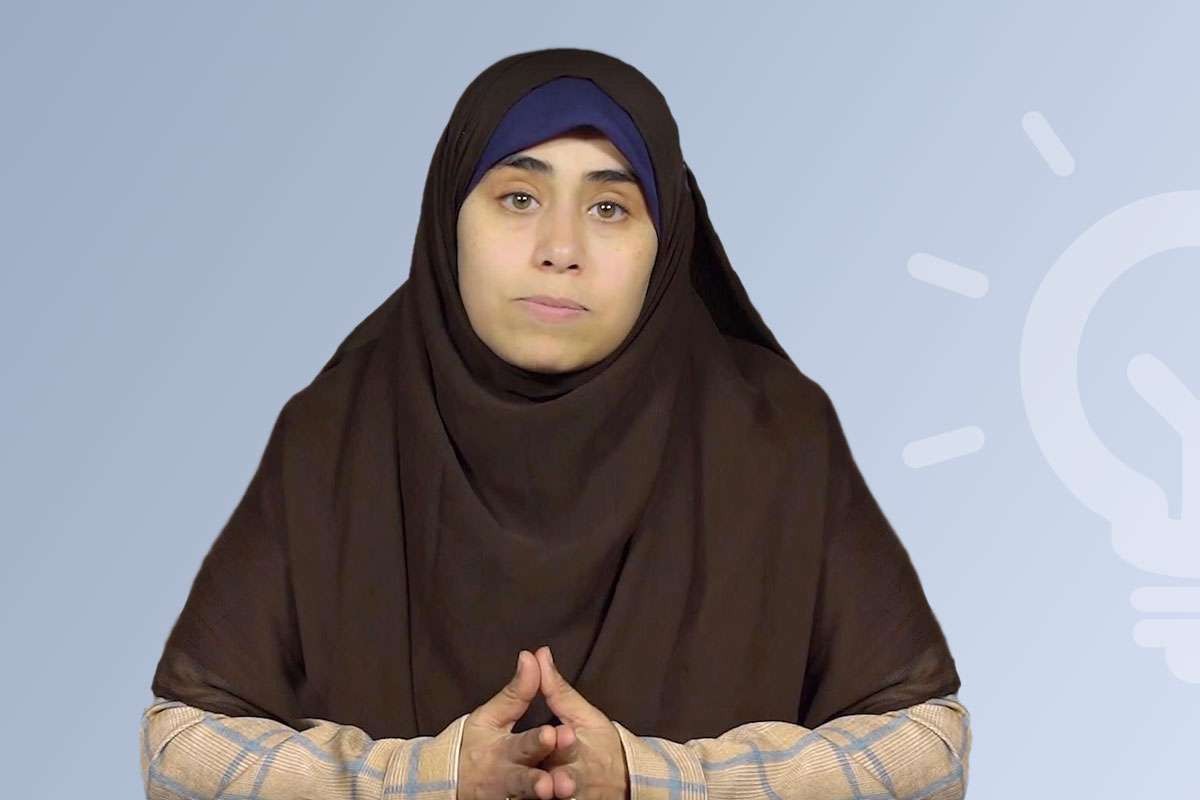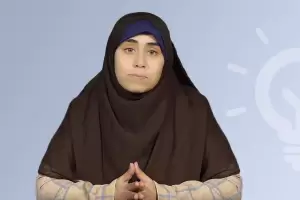You Will Learn
- The ability to diagnose anxiety and PTSD easily and efficiently.
- Mastering CBT for anxiety and PTSD.
- The ability to design detailed plan for child and parent.
- Training on basics of Character building programs for children.
Description
Accreditations
Upon completion of the “CBT for PTSD & Anxiety in Children" course and successfully passing the exam, you will get a certificate approved by the Arab Pharmacists Federation
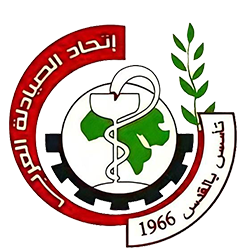
CBT for PTSD & Anxiety in Children
Some lectures will remain locked until you watch the previous ones.06:48
07:23
06:09
08:11
06:27
14:46
05:26
10:22
04:39
08:28
06:40
09:31
14:37
04:49
08:03
13:59
20:25
12:44
20:59
12:35
17:26
04:28
10:40
13:53
07:33
Recommended courses
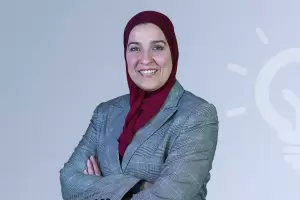
Dr. Shewikar El Bakry
Autism Spectrum Disorder: What You Need To Know
Last updated :
Autism Spectrum Disorder: What You Need To KnowAutism spectrum disorder (ASD) is receiving much more attention than in the past. It has been portrayed in several movies and documentaries. ASD is a developmental disability defined by diagnostic criteria that include deficits in social communication and social interaction...
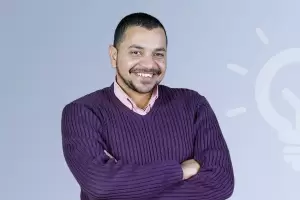
Dr. Ahmed Sawahel
Developing Effective Parenting Skills
Last updated :
Developing Effective Parenting SkillsChild education is a job whose primary goal is to build the personality of a son or daughter, and this may be the most important job in a person’s life. And like any job, it requires pre-and post-training and qualification....
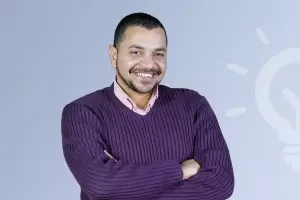
Dr. Ahmed Sawahel
Burnout and Self-Care for Healthcare Providers
Last updated :
Burnout and Self-Care for Healthcare ProvidersMedical job-related stress is a common issue that faces all healthcare providers on different levels. Physicians, Psychiatrists, Psychologists, pharmacists, dentists, nurses & other healthcare providers have to understand what burning out, secondary trauma stress STS, vicarious trauma means, their causative...


